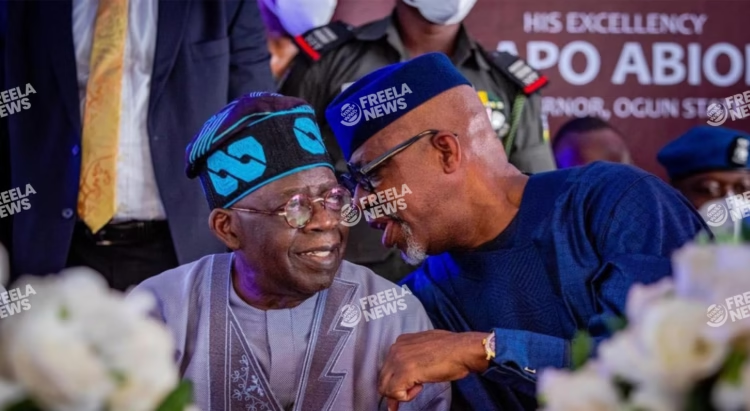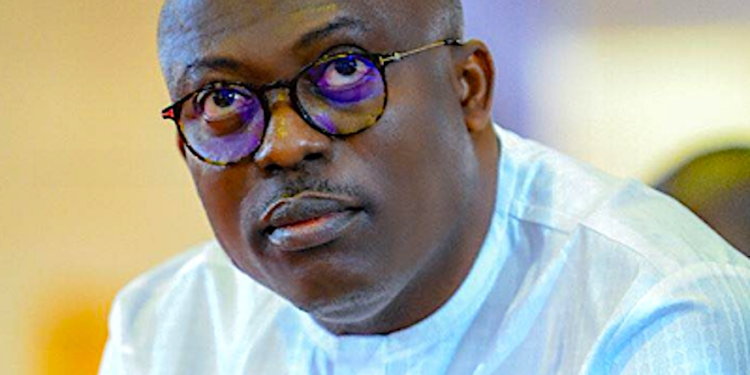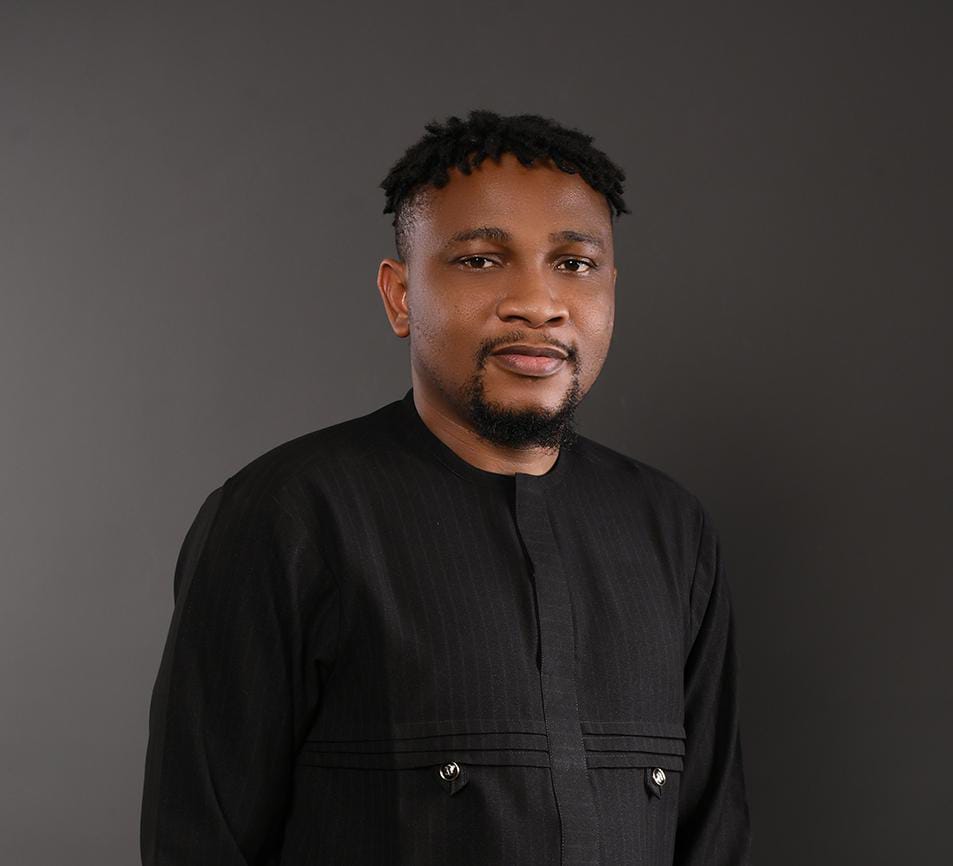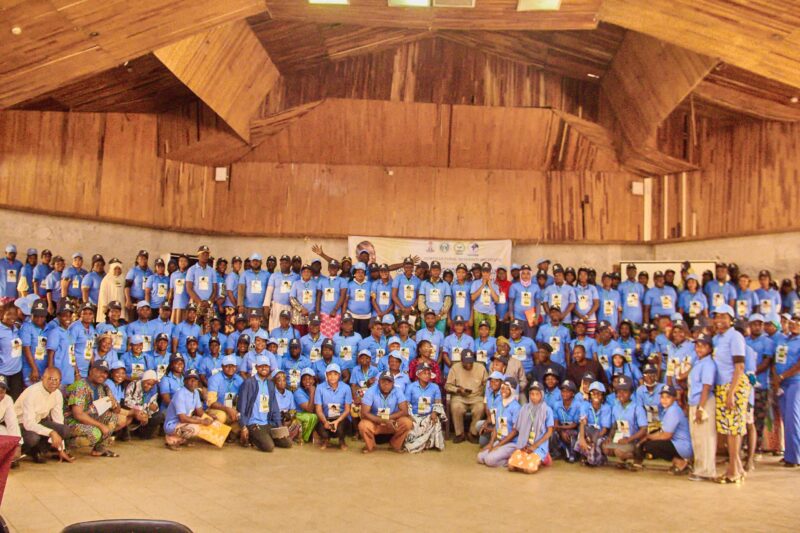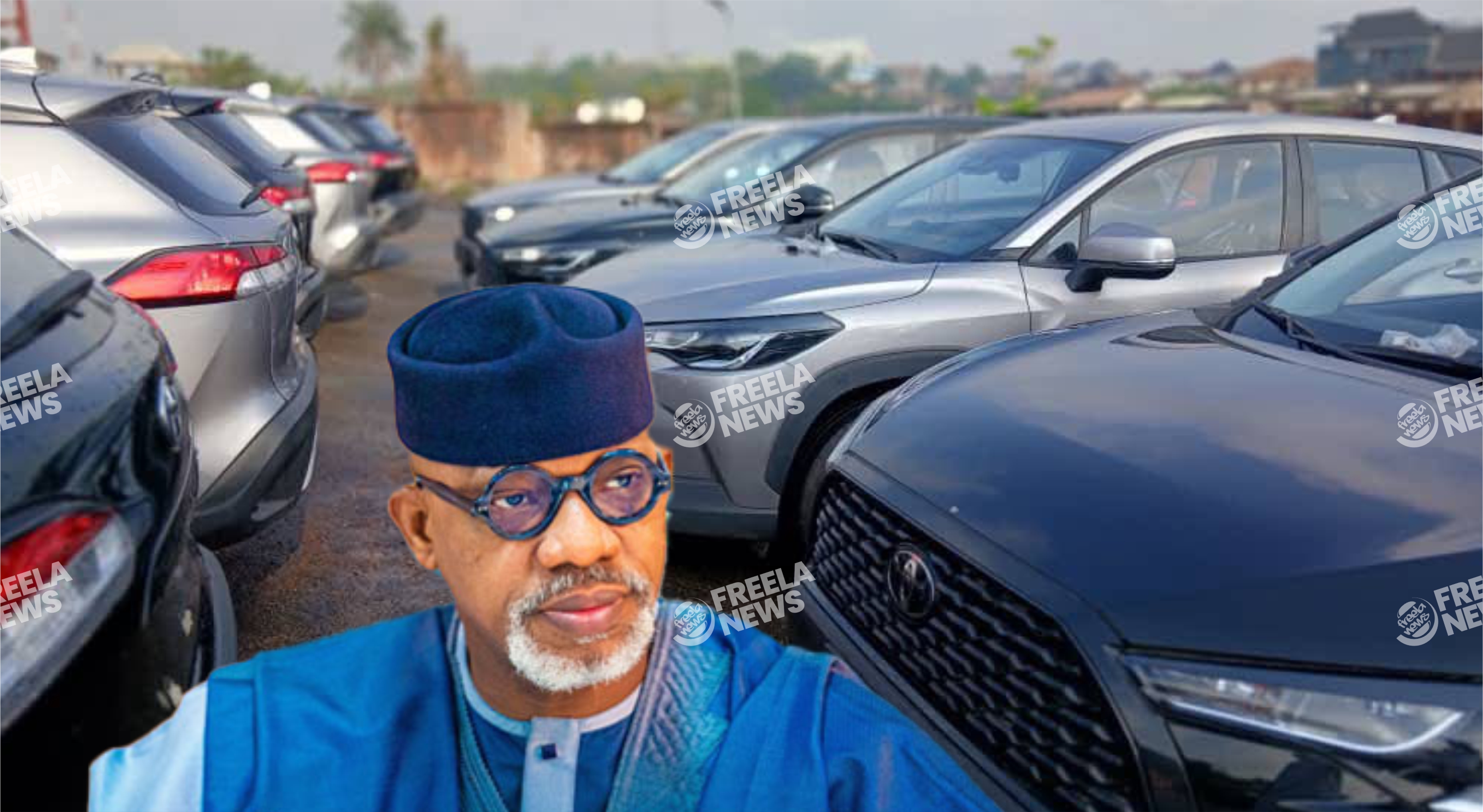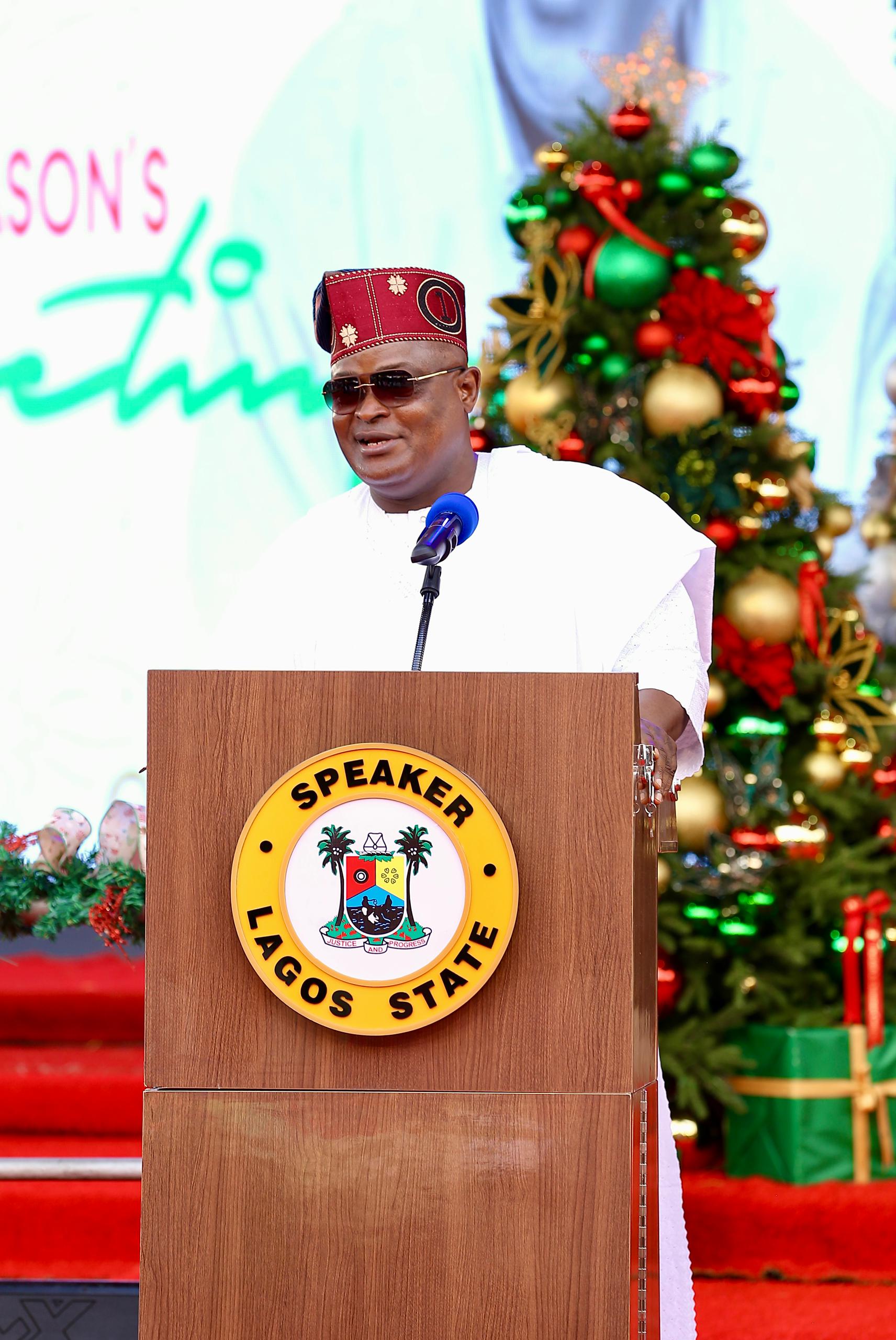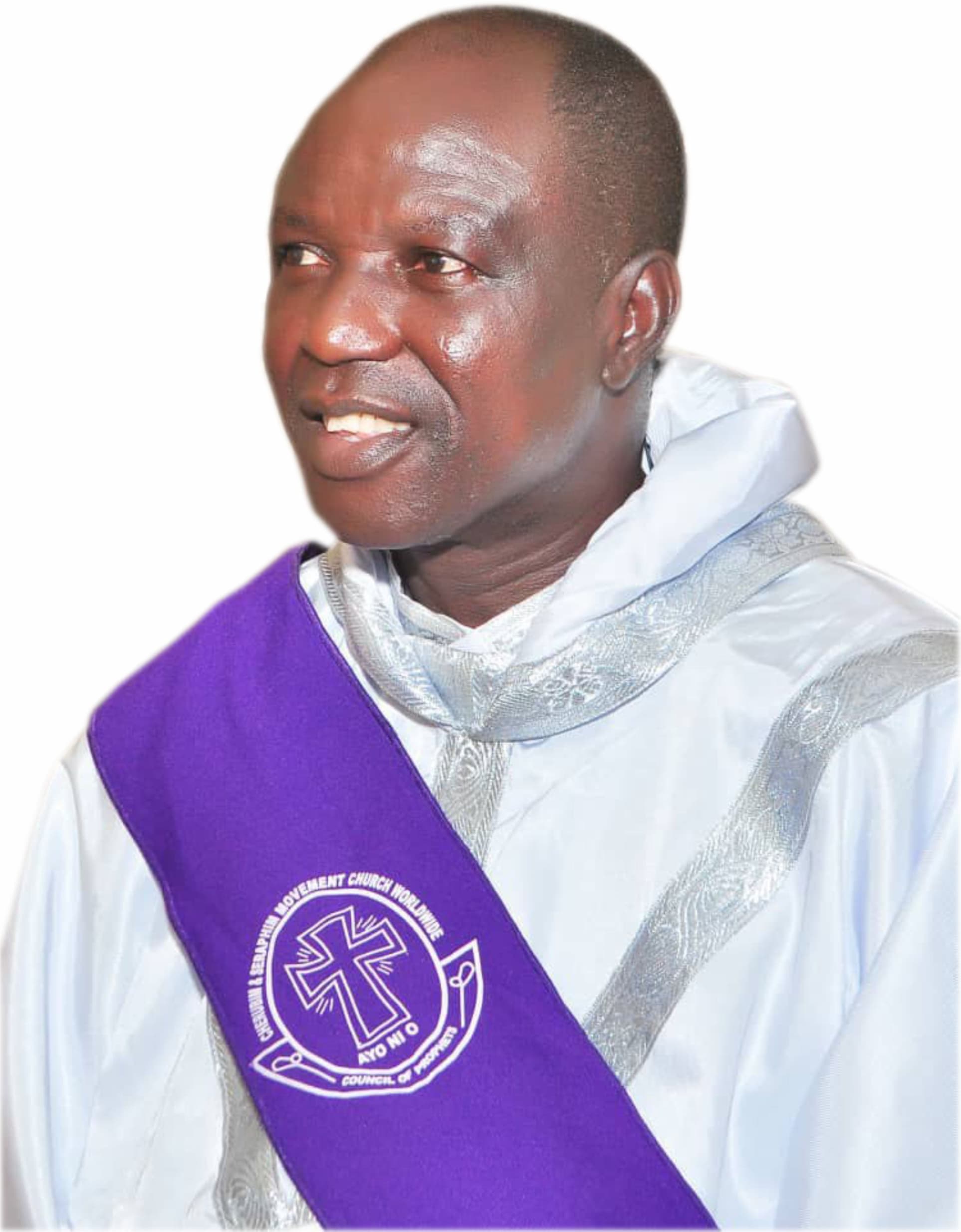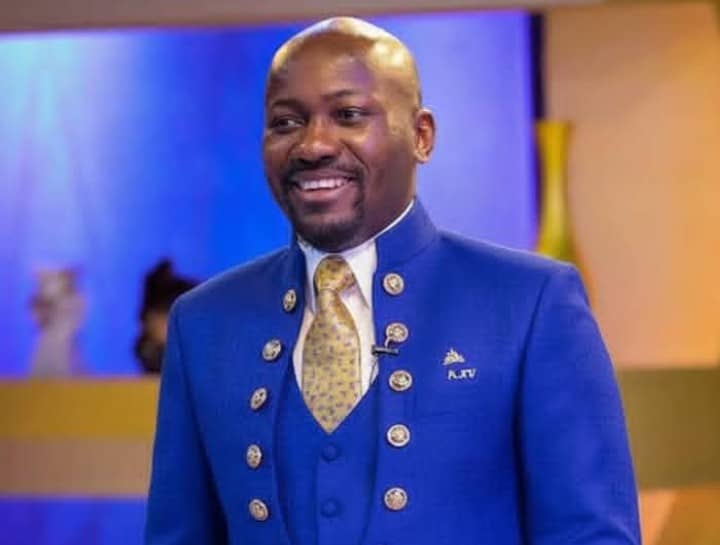As the 2027 elections approach, President Bola Ahmed Tinubu faces a critical question from within his own camp; how to manage the lingering liability called Dapo Abiodun in Ogun State.
For those who followed the 2023 campaign trail closely, Abiodun’s posture was far from loyal.
At the height of the All Progressives Congress (APC) presidential primary, the Ogun governor openly aligned himself with Vice President Yemi Osinbajo, even mocking Tinubu’s credentials and questioning his educational background.
Yet, when Tinubu emerged as the APC flagbearer, the governor’s lukewarm support during the general election was glaring. In his own polling unit, Tinubu lost; a symbolic reflection of Abiodun’s half-hearted commitment.
Also read: Tinubu putting Nigerians through scary, difficult times: Gov Dapo Abiodun’s wife
Today, that history haunts the party’s power calculus.
As the APC prepares for its national reconciliation and restructuring under Chief Bisi Akande’s newly constituted Reconciliation Committee, the question reverberates from Lagos to Abuja: Can Tinubu afford to keep Abiodun in his orbit?
Insiders say the answer is no.
Despite boasting of having quadrupled Ogun’s economy to N16 trillion and expanding road infrastructure, Abiodun remains one of the most politically isolated governors in the Southwest.
His strained relationship with former governor Ibikunle Amosun, and his rivalry with Senator Gbenga Daniel, have deepened fractures in the state’s APC structure.
Party strategists warn that these cracks, if ignored, could sabotage Tinubu’s Southwest stronghold in 2027.
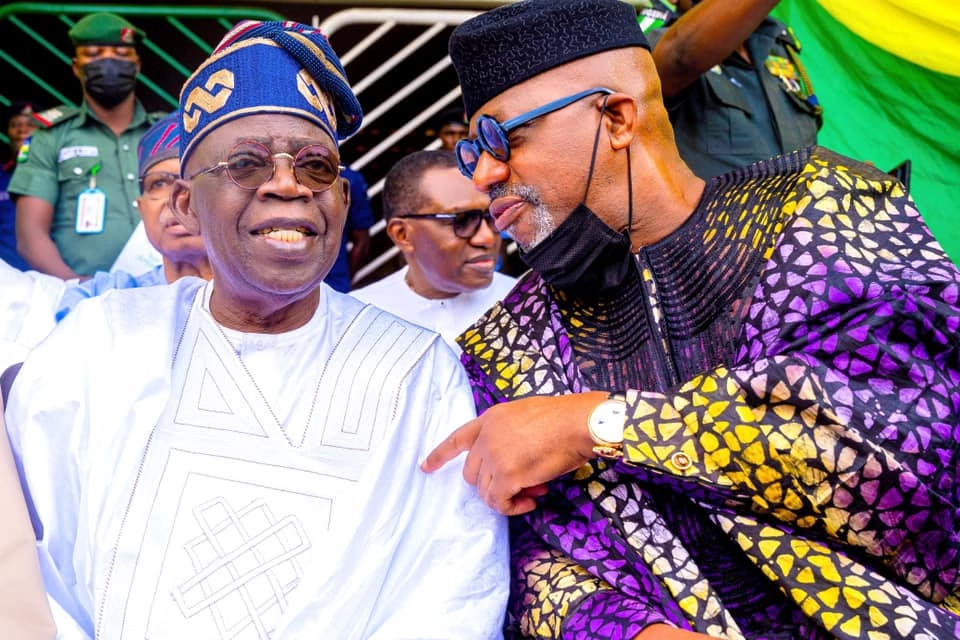
“Abiodun has never been Tinubu’s man,” said a senior APC source in Abuja. “His body language and alliances have always been transactional. Keeping him as the face of Ogun APC is like keeping a snake in the garden; beautiful to look at, but dangerous to trust.”
Indeed, while Abiodun projects administrative progress, the grassroots pulse tells a different story.
Many see him as aloof, inaccessible, and politically disconnected. His political survival in 2023 owed more to internal party manoeuvring than to genuine popularity.
As the APC’s new congress timetable takes shape, Ogun State is emerging as the most strategic battleground in the Southwest.
Tinubu’s power base in Lagos is stable, and Ekiti seems secured. But Ogun, the home of Tinubu’s earliest political allies, remains divided.
Analysts argue that Tinubu’s best path forward is to realign power among loyal stakeholders such as Osoba, Amosun, and especially Otunba Daniel; figures with deep grassroots machinery and enduring political goodwill.
Senator Daniel’s BATOGD movement, in particular, has become a unifying pro-Tinubu force across wards and local councils, reinforcing the President’s message of renewal and inclusion.
“This is a moment for political housekeeping,” noted another APC strategist.
“The President must be decisive. Loyalty cannot be compromised for convenience.”
Chief Bisi Akande’s reconciliation committee now has the task of rebuilding cohesion and loyalty across states, and Ogun is expected to be a litmus test.
The coming months will reveal whether Tinubu’s famed political instinct can again separate allies from opportunists.
For now, the writing on the wall is unmissable: Dapo Abiodun’s tenure may offer administrative headlines, but politically, he remains a liability Tinubu cannot afford in 2027.
Also read: Dapo Abiodun ranked among Nigeria’s worst governors in poll
Mr President, history has shown that betrayal never sleeps; it only waits for the next election.

Ojelabi, the publisher of Freelanews, is an award winning and professionally trained mass communicator, who writes ruthlessly about pop culture, religion, politics and entertainment.


